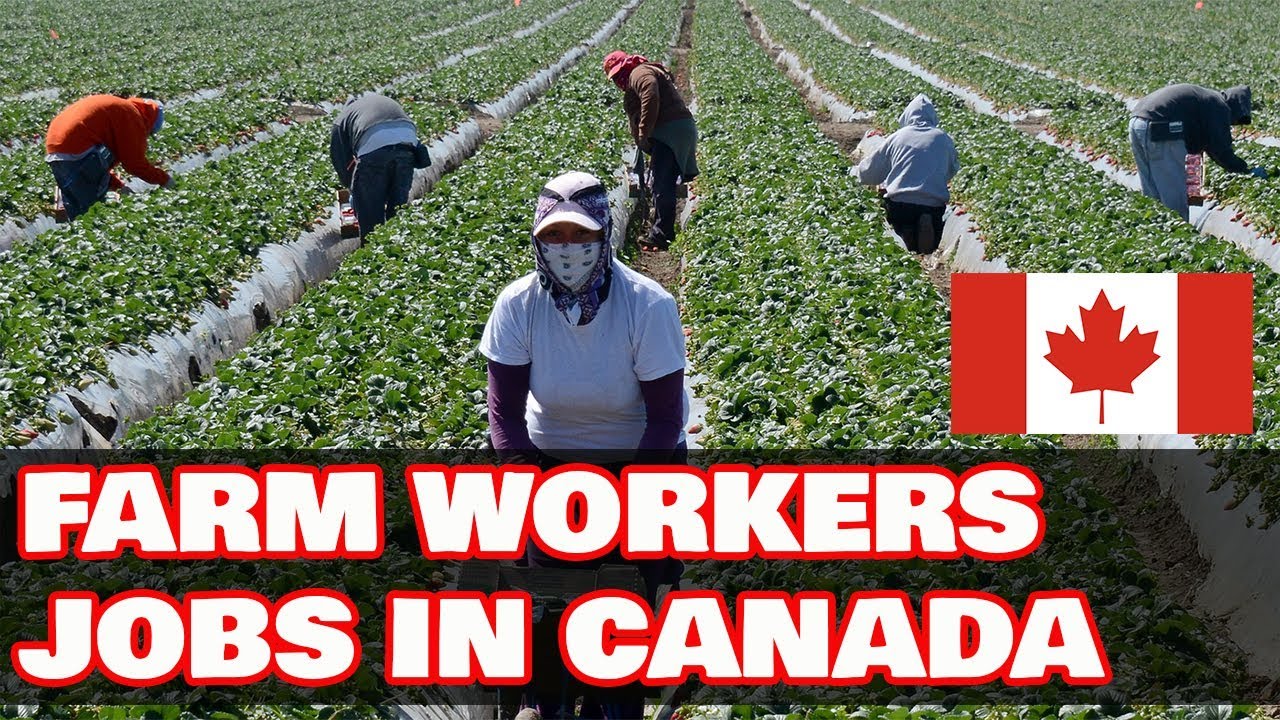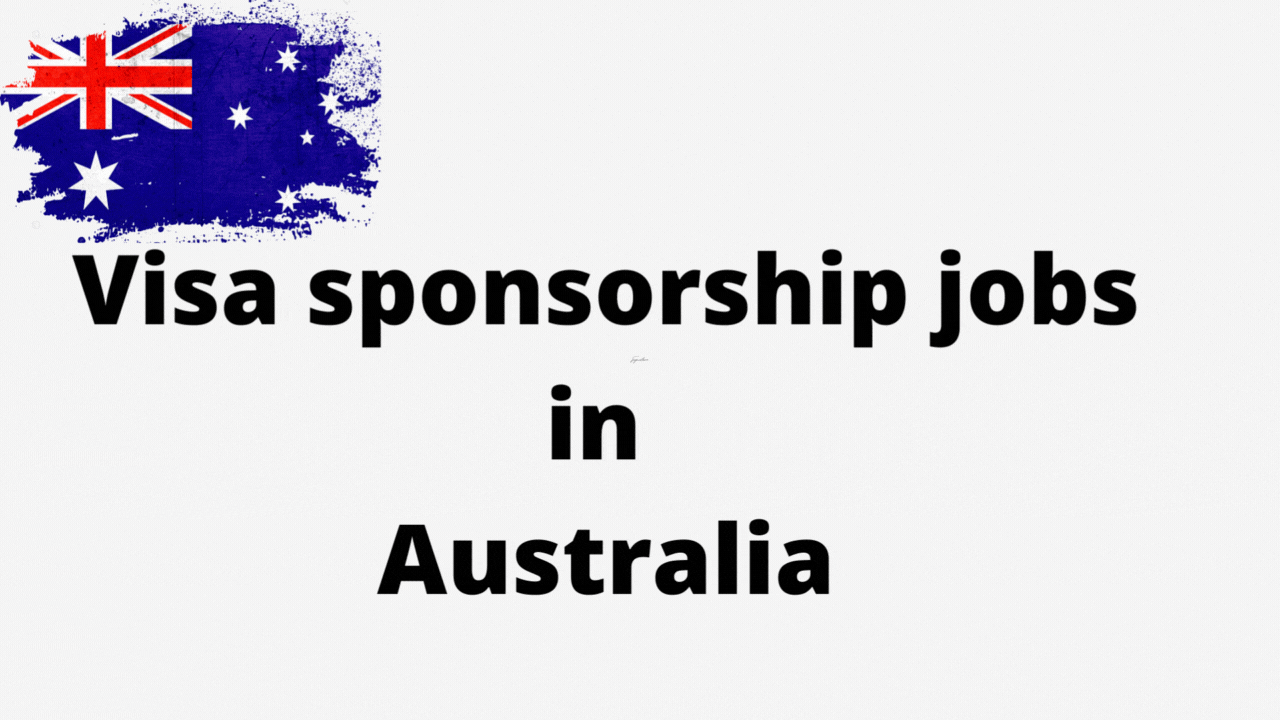Picture yourself coding in a sleek Montreal tech office, caring for patients in Calgary’s advanced hospitals, or building infrastructure in British Columbia’s thriving construction sector. Canada, with its robust economy and inclusive society, is a top destination for foreigners seeking career growth and a high quality of life. Navigating the job market and visa requirements can seem daunting, but with the right guidance, your Canadian dream job is within reach. This detailed guide explores jobs in Canada for foreigners, offering practical steps, inspiring stories, and insider tips to help you succeed in 2025.
Why Work in Canada? The Promise of Opportunity
Canada’s appeal as a work destination lies in its blend of professional opportunities and exceptional living standards. Here’s why foreigners are drawn to it:
- Diverse Job Market: Opportunities span tech, healthcare, trades, and more, catering to various skill levels.
- Welcoming Environment: Canada’s multicultural society embraces diversity, making it easy to feel at home.
- Immigration Pathways: Many jobs lead to permanent residency via programs like Express Entry or Provincial Nominee Programs (PNPs).
- Quality of Life: Enjoy safe cities, universal healthcare, and competitive salaries with benefits.

Real-Life Story: Ahmed’s Path to Toronto
Ahmed, a 29-year-old software engineer from India, dreamed of working in Canada’s tech scene. He applied for a developer role through a company offering visa sponsorship. With a positive Labour Market Impact Assessment (LMIA) and a work permit, he moved to Toronto. “The process was intense, but the support from my employer made it seamless. Now, I’m a permanent resident and love Canada’s opportunities!” Ahmed’s journey showcases Canada’s potential for foreign professionals.
Understanding Jobs in Canada for Foreigners: Key Insights
Securing a job in Canada as a foreigner requires understanding the labor market, visa processes, and employer expectations. A key element is the Labour Market Impact Assessment (LMIA), which ensures hiring a foreigner doesn’t harm local workers.
What is an LMIA?
An LMIA is a document employers may need to obtain to hire foreign workers, proving no Canadian citizen or permanent resident is available for the role. Some jobs, like those under international agreements (e.g., CUSMA), are LMIA-exempt.
Importance of Visa Sponsorship
Most foreigners need a work permit to work legally in Canada. Employer-sponsored jobs streamline the process by handling work permit applications, fees, and sometimes relocation, making your move easier.

Top Industries and Jobs in Canada for Foreigners in 2025
Canada’s economy is dynamic, with high demand for skilled and semi-skilled workers. Below are the top industries offering jobs for foreigners, including roles, requirements, and benefits.
1. Healthcare
- Roles: Registered Nurses, Physicians, Medical Technicians, Caregivers
- Requirements: Relevant degree/diploma, licensing (e.g., NCLEX for nurses), English/French proficiency (IELTS/TEF)
- Salary: $55,000–$140,000/year
- Benefits: Visa sponsorship, relocation support, permanent residency pathways
- Why Work Here?: Canada’s healthcare system needs professionals to serve its growing population.
Video Insight: Learn about healthcare jobs in Canada for foreigners.
2. Information Technology
- Roles: Software Developers, AI Specialists, IT Project Managers
- Requirements: Bachelor’s degree in tech, relevant experience, portfolio (e.g., GitHub)
- Salary: $75,000–$130,000/year
- Benefits: High demand, visa sponsorship, flexible work options
- Why Work Here?: Cities like Toronto and Montreal are global tech hubs.
3. Engineering
- Roles: Civil Engineers, Mechanical Engineers, Petroleum Engineers
- Requirements: Engineering degree, Professional Engineer (P.Eng) licensing (optional), experience
- Salary: $65,000–$115,000/year
- Benefits: Visa sponsorship, infrastructure project opportunities
- Why Work Here?: Canada’s construction and energy sectors drive engineering demand.

4. Skilled Trades
- Roles: Electricians, Plumbers, Welders, Truck Drivers
- Requirements: Trade certification, apprenticeship experience, English proficiency
- Salary: $45,000–$85,000/year
- Benefits: LMIA-supported permits, regional opportunities
- Why Work Here?: Provinces like Alberta and Manitoba have a high need for tradespeople.
5. Hospitality and Tourism
- Roles: Chefs, Hotel Managers, Tour Guides
- Requirements: Relevant training, customer service experience, language skills
- Salary: $35,000–$70,000/year
- Benefits: Seasonal or permanent work permits, vibrant work environments
- Why Work Here?: Canada’s tourism industry thrives in cities like Banff and Quebec City.
Video Insight: Explore hospitality job opportunities in Canada.
Steps to Secure a Job in Canada as a Foreigner
Landing a job in Canada requires strategic planning. Follow these steps to navigate the process effectively.
Step 1: Research Job Opportunities
Explore in-demand roles and regions using platforms like Job Bank Canada, LinkedIn, or Indeed. Focus on provinces with labor shortages, such as Ontario, British Columbia, or Saskatchewan.
Step 2: Ensure Your Qualifications Are Recognized
- Credential Evaluation: Use World Education Services (WES) to validate your degrees or diplomas.
- Certifications: Obtain necessary licenses (e.g., NCLEX for nurses, Red Seal for trades).
- Language Skills: Most jobs require IELTS (6.0–7.0) or CELPIP for English; TEF for French in Quebec.

Step 3: Craft a Canadian-Style Resume
- Keep it concise (1–2 pages).
- Focus on skills and achievements relevant to the job.
- Use metrics (e.g., “Reduced system downtime by 15%”).
- Exclude personal details like age or photos.
Step 4: Apply Strategically
- Online Portals: Use Workopolis, Monster, or Glassdoor to find jobs.
- Recruiters: Agencies like Hays or Manpower specialize in placing foreign workers.
- Direct Applications: Target employers with a history of hiring foreigners, such as hospitals or tech firms.
Step 5: Navigate the Work Permit Process
- Employer Role: Your employer may need to secure an LMIA and sponsor your work permit.
- Required Documents: Passport, job offer letter, educational credentials, language test results.
- Processing Time: Work permits take 2–6 months via streams like the Temporary Foreign Worker Program.
Step 6: Ace the Interview
- Research the employer and role.
- Emphasize adaptability, teamwork, and your value to Canada’s economy.
- Prepare for behavioral questions (e.g., “How do you handle workplace challenges?”).
Step 7: Prepare for Your Move
- Housing: Research rentals on platforms like Kijiji or Realtor.ca.
- Networking: Join expat communities or professional groups like the Canadian Immigrant Network.
- Cultural Awareness: Learn Canadian workplace norms, such as open communication and punctuality.
Video Tip: Watch this guide on preparing for a Canadian job interview.
Challenges of Working in Canada and How to Overcome Them
Working in Canada is rewarding but comes with challenges. Here’s how to tackle them:
- Complex Visa Process: Work with your employer or a licensed immigration consultant to streamline applications.
- Cultural Adjustment: Research Canadian customs and join local communities for support.
- Cost of Living: Cities like Vancouver and Toronto are expensive; consider smaller cities like Halifax for affordability.
- Job Competition: Tailor your applications and highlight unique skills to stand out.

Insider Tips for Success in Canada’s Job Market
- Start Early: Begin your job search 6–12 months in advance.
- Network Actively: Connect with professionals on LinkedIn or attend virtual job fairs.
- Explore PNPs: Provincial programs often have less competition than federal ones.
- Learn Basic French: French skills boost opportunities in Quebec and bilingual roles.
- Document Your Journey: Share your experience on platforms like X to inspire others and build connections.
Frequently Asked Questions (FAQs)
Q: Do all jobs in Canada require an LMIA? A: No, some jobs are LMIA-exempt under agreements like CUSMA or for intra-company transfers.
Q: How long does it take to get a Canadian work permit? A: Processing times vary from 2–6 months, depending on the program and country of application.
Q: Can I bring my family to Canada while working? A: Yes, many work permits allow dependents to join you, and some may qualify for open work or study permits.
Q: Are there jobs in Canada for unskilled workers? A: Yes, roles in agriculture, hospitality, and retail often hire foreigners, though wages are lower.
Q: Can I apply for permanent residency while working in Canada? A: Yes, programs like Express Entry and PNPs offer pathways to PR for foreign workers.
Call to Action: Launch Your Canadian Career Today!
Jobs in Canada for foreigners offer a chance to build a fulfilling career while enjoying one of the world’s best lifestyles. Whether you’re drawn to the tech buzz of Toronto, the natural beauty of Vancouver, or the energy sector in Alberta, your opportunity awaits. Take the first step now:
- Explore Jobs: Visit JobBank.gc.ca or LinkedIn to find visa-sponsored roles.
- Prepare Your Profile: Get your credentials evaluated and resume ready.
- Connect: Join expat groups on X or Canadian job forums for real-time advice.
Your Canadian career is closer than you think. Start your journey today!










